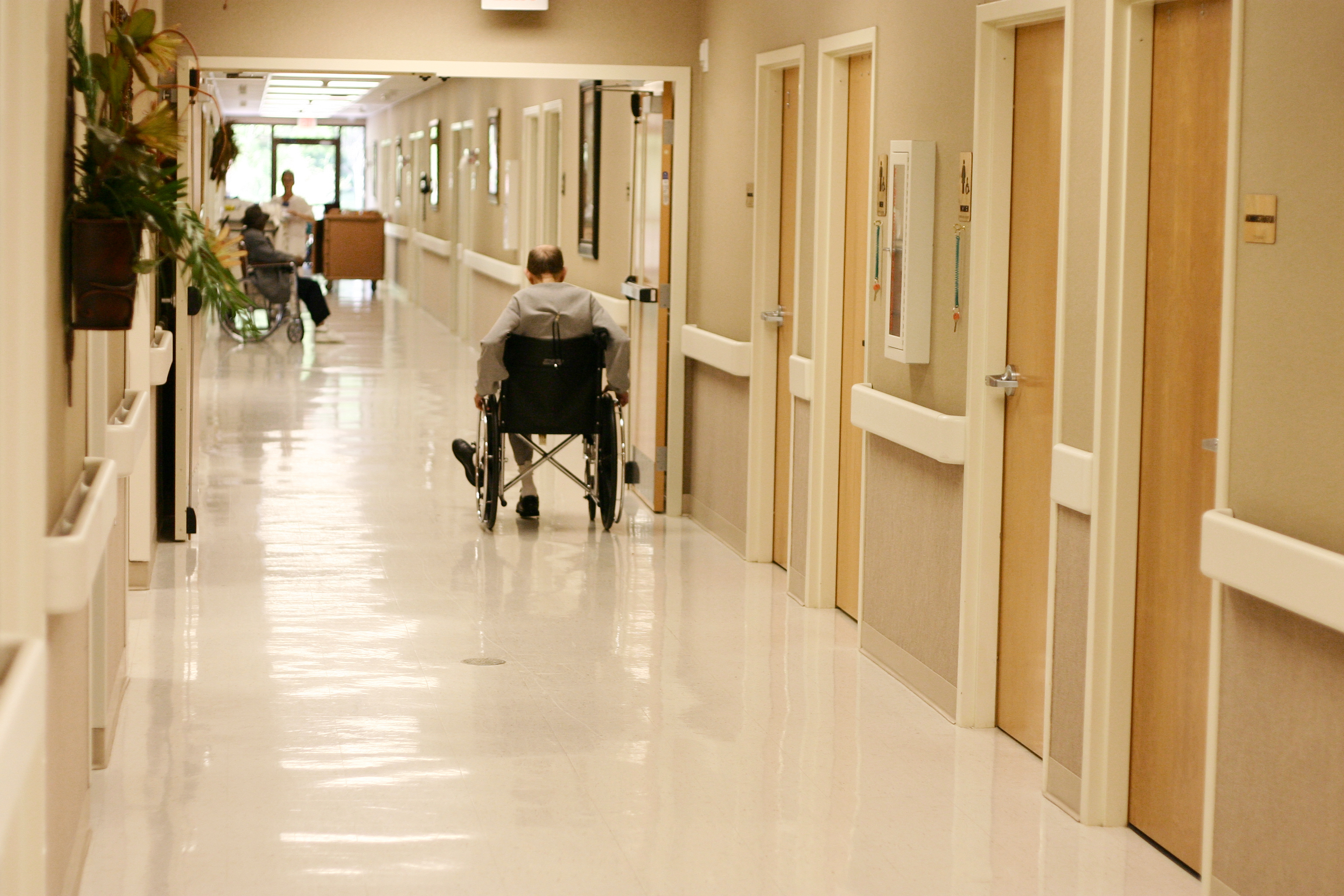AARP Hearing Center

Facilities cannot attract enough staff, but lawmakers should be wary of putting nursing home residents at unneeded risk.
It’s a familiar kind of sausage-making in Tallahassee: Legislation that would directly impact a particular industry turns out to have been written by that industry’s lobbyists. The latest example is a bill moving through the Legislature that would loosen staffing requirements in Florida’s nursing homes. Staffing shortages triggered by the pandemic are straining facilities statewide, but any change to the law must first protect the most vulnerable Floridians — not the interests of nursing home operators.
The bill, SB 804, would broaden which kinds of employees can be counted in mandatory staffing minimums, which were set to ensure proper care of residents. And nursing homes that fail to meet state-mandated staff requirements would no longer be barred from admitting new residents if the legislation becomes law. At face value, such changes sound potentially disastrous for patient safety. But maintaining staffing levels at nursing homes amid the ongoing pandemic is a complex problem.
More than 85 percent of nursing homes in the state’s largest industry group reported having to limit admissions in January because they didn’t have enough employees to meet the state standards, according to a recent Times story. The long-term care industry, staffed heavily with low-paid nursing assistants, has not been immune to labor shortages rippling through the economy. Meanwhile, the aging population, increases in Alzheimer’s patients and those with addiction-related illnesses mean a constant demand for nursing home beds. So it’s not unreasonable to take a fresh look at how state mandates are affecting facilities’ ability to operate.
Yet the proposed remedy was drafted by lobbyists for the Florida Health Care Association, which represents nearly 600 nursing homes and assisted living facilities. The bill’s sponsor, Sen. Ben Albritton, R-Wauchula, has been in regular communication with the group as the language has changed. “Take a look and let us know if it is ready to file or needs any other corrections,” Albritton’s aide wrote to the association’s lobbyist. If only patient advocates were afforded such deference in crafting Florida law.
Current rules say nursing assistants, who perform many non-medical tasks while performing the bulk of patient care, must provide 2½ hours of direct care to each nursing home resident daily.
To cope with staffing shortages, the bill would allow the time patients spend with other care staff — such as physical and occupational therapists, activities staff, mental health workers and social workers — to count toward nursing assistants’ hours of care. While those professionals provide vital services to patients, one critic of the bill noted that they don’t do many of the vital tasks that keep residents safe, like turning them over to prevent bed sores or helping them sit up to eat. What’s more, not every resident receives treatment or care from those specialized staffers.
Those are the kind of crucial patient-care concerns that must be addressed before staffing requirements in Florida’s nursing homes should be altered. Albritton says the original bill was only a “starting place,” and he arranged a meeting last month with several groups to air out concerns — a reassuring step. Yet given the bill’s origins, it’s hard to believe this process is putting nursing home residents’ safety first.
Reproduced with permission from the Tampa Bay Times. Editorials are the institutional voice of the Tampa Bay Times. The members of the Editorial Board are Editor of Editorials Graham Brink, Sherri Day, Sebastian Dortch, John Hill, Jim Verhulst and Chairman and CEO Paul Tash. Follow @TBTimes_Opinion on Twitter for more opinion news.
Read more from Tampa Bay Times: https://www.tampabay.com/opinion/2022/02/16/florida-nursing-home-bill-must-put-safety-before-expediency-editorial/.
Tell lawmakers to keep nursing care in nursing homes.
Call your State Representative: 844-489-1331
Call your State Senator: 844-489-1328































































